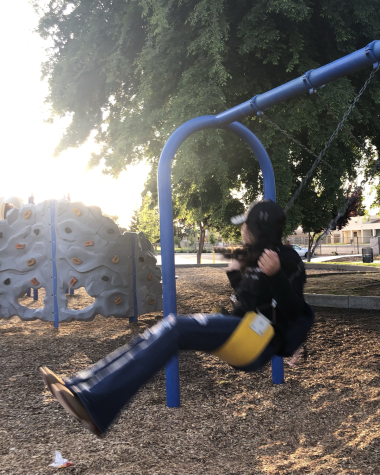The Effects of Dementia
April 24, 2023
Dementia is a term used to describe a range of conditions that affect the brain. It happens when the brain is damaged by disease,or by a series of strokes, like Alzheimer’s. Dementia is most likely to affect people over the age of 65, & the possibility of developing it increases with age. Some of the symptoms of dementia include memory loss, orientation problems, language difficulties, etc. According to nia.nih.gov, “Several studies have identified depression as a preventable risk factor associated with dementia. However, less is known about the effects of other mental disorders on dementia risk, as well as the occurrence of these disorders earlier in life and any associations with early-onset versus later-onset dementia.”
Analysis done in New Zealand indicated that psychotic disorders, such as Schizophrenia, were associated with a greater risk of developing Dementia than neurotic disorders, such as Depression & Anxiety. According to alz.org, “Doctors diagnose Alzheimer’s and other types of dementia based on a careful medical history, a physical examination, laboratory tests, and the characteristic changes in thinking, day-to-day function and behavior associated with each type. Doctors can determine that a person has dementia with a high level of certainty. But it’s harder to determine the exact type of dementia because the symptoms and brain changes of different Dementias can overlap. In some cases, a doctor may diagnose “dementia” and not specify a type. If this occurs, it may be necessary to see a specialist such as a neurologist, psychiatrist, psychologist or geriatrician.” Although there are many different treatments for dementia, there is no known cure for dementia.

